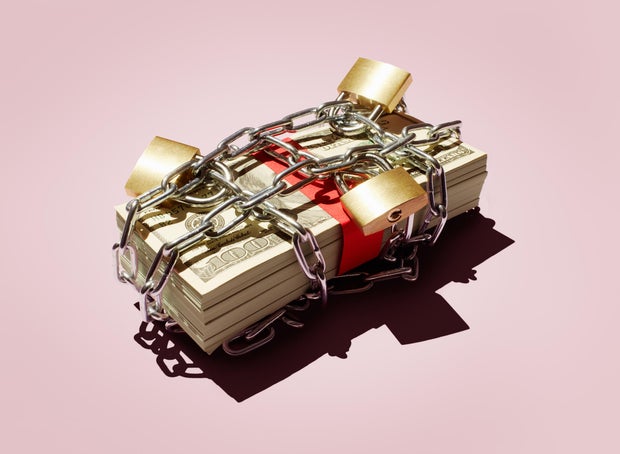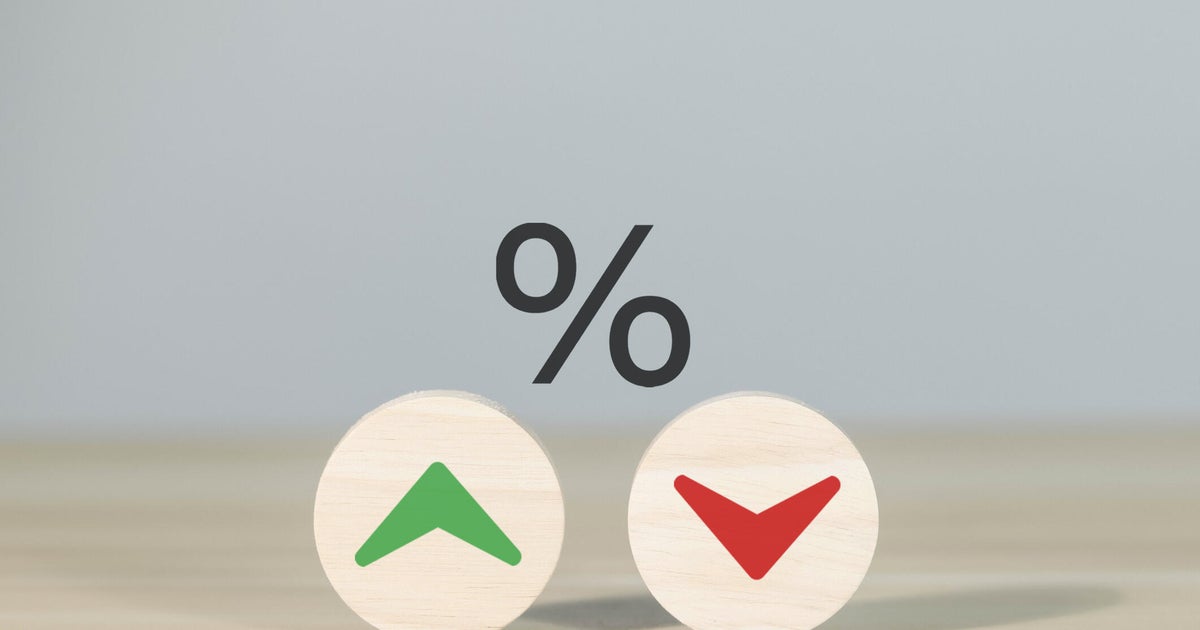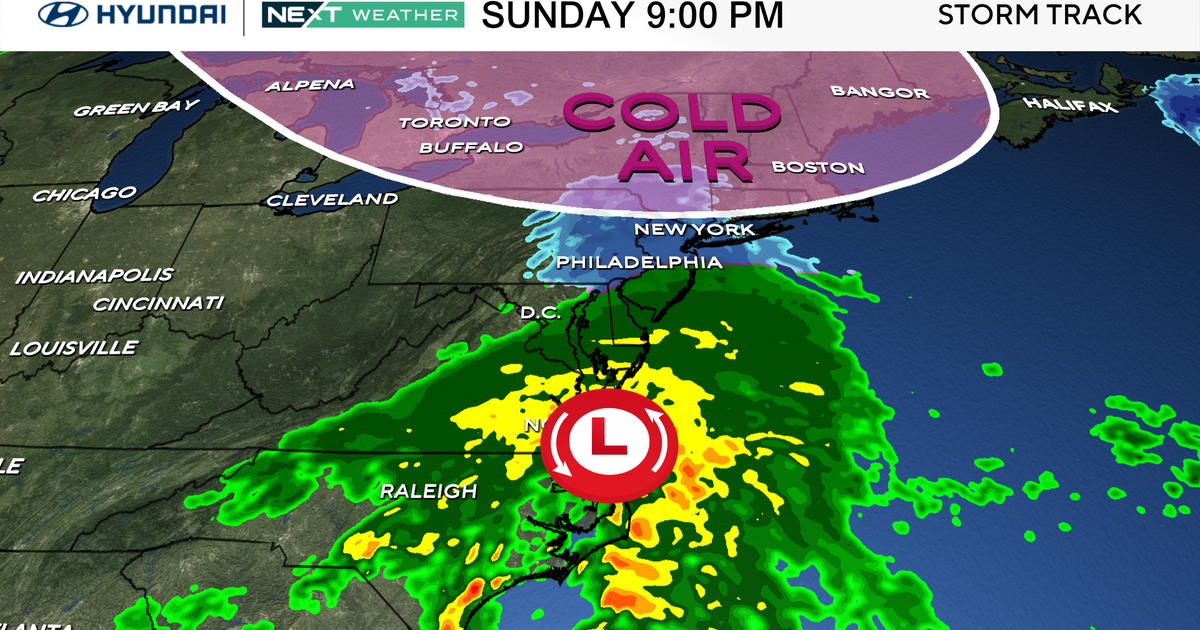How to protect your money from a recession
If the financial news hasn't been tough enough for you lately, there's a new concern to add to your list: an impending recession.
In its recently released March minutes, the Federal Reserve predicted a "mild recession" later in 2023. This forecast comes after high inflation, interest rate hikes and bank failures that already have people struggling financially. A recession — even a mild one — could add to the distress with higher unemployment, lower purchasing power and stock market drops.
With these possibilities on the horizon, now is the time to ensure your money is protected. In this article, we'll look at two ways to do just that.
Check out high-yield savings account rates here to learn if this type of account is right for you.
How to protect your money from a recession
You can prepare for a recession by putting your money in one of the following places.
A high-yield savings account
High-yield savings accounts work the same as regular savings accounts, but they provide a significantly higher yield (hence the name). Right now, the average interest rate for a regular savings account is around 0.25%, while high-yield account rates are around 4% to 5%. That's approximately 15 to 20 times higher.
What does this mean for your money? Let's say you deposit $5,000 in a regular savings account at 0.25%. After 12 months, you'll earn $12.50 in interest. Put that money in a high-yield savings account at 5%, however, and you'll earn $250.
At a time when purchasing power is down, as it is in a recession, every little bit helps. You can withdraw funds from your high-yield account anytime (although some banks may have monthly withdrawal limits to be mindful of).
Plus, you can rest easy knowing your money is safe in a high-yield savings account. While interest rates fluctuate based on the federal funds rate, you won't lose anything from your initial deposit or the interest you've earned to date. If you deposit your money with an FDIC-insured bank or NCUA-insured credit union, it's protected up to $250,00 per account, per institution.
Explore current high-yield savings account rates now to see how much more you could be earning.
A certificate of deposit (CD)
A certificate of deposit (CD) is another good place to keep your money in a recession. CD rates are comparable to high-yield savings account rates — currently, they stand at about 5%. CDs share some similarities with high-yield accounts, including FDIC or NCUA protection, but they have some key differences.
Unlike high-yield savings accounts, CD rates are fixed at the time you open the account. If you open a CD at the beginning of a recession when interest rates are high, you'll be able to lock in a high rate for the entirety of the CD's term, even if interest rates go down.
Also, unlike savings accounts, you cannot access your CD funds until the term expires unless you're willing to pay a penalty. Since CD terms typically range from six months to five years, you should make sure you can afford to leave your money in the account until it matures. You can ensure regular access to your funds by CD laddering, or opening multiple CDs with varying term lengths so they'll mature on a regular basis.
Compare CD offers today by checking current rates here.
The bottom line
If talks of recession have you worried about your financial security, you can take action now to protect it.
High-yield savings accounts and CDs can both keep your money safe while allowing you to earn interest that could come in handy if things get tough. To maximize your earnings, you can even open both types of accounts, capitalizing on CD earnings while ensuring access to ready cash with a high-yield savings account.
Start exploring your options by viewing high-yield savings account and CD rates now.




